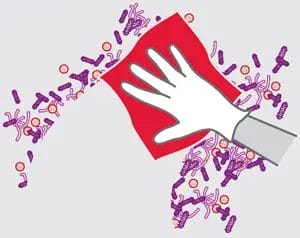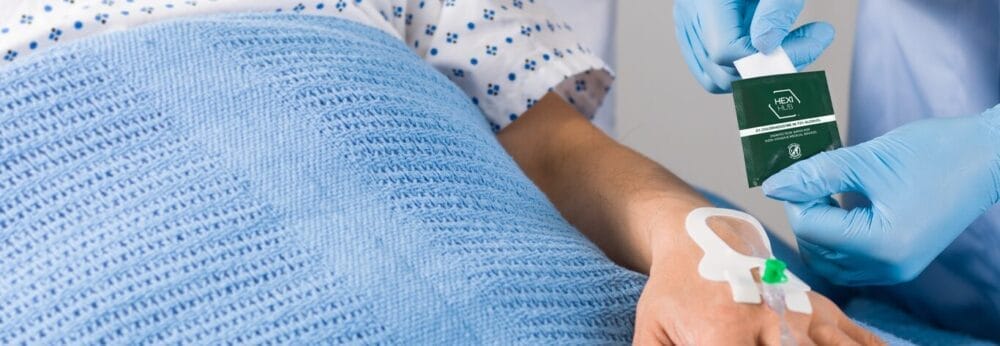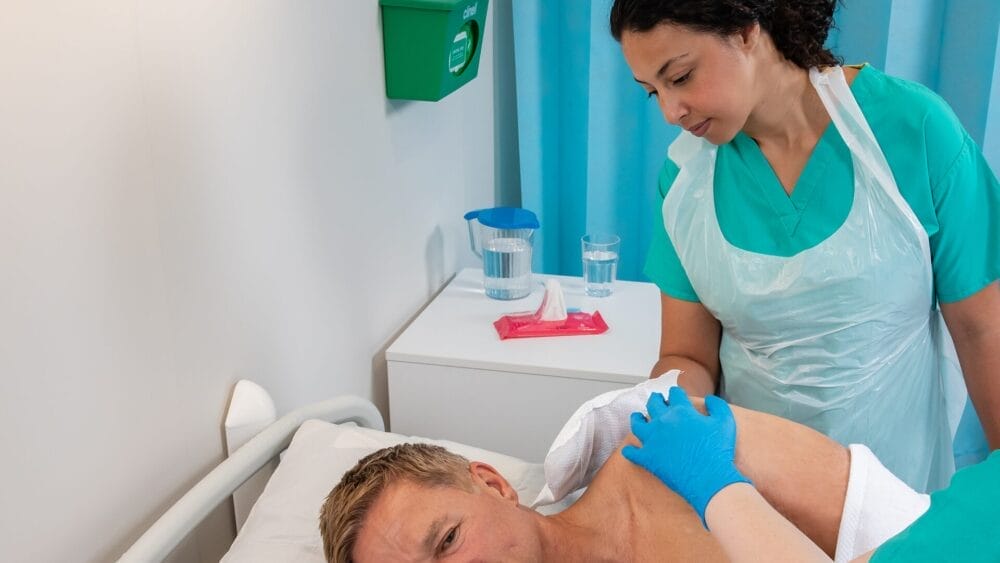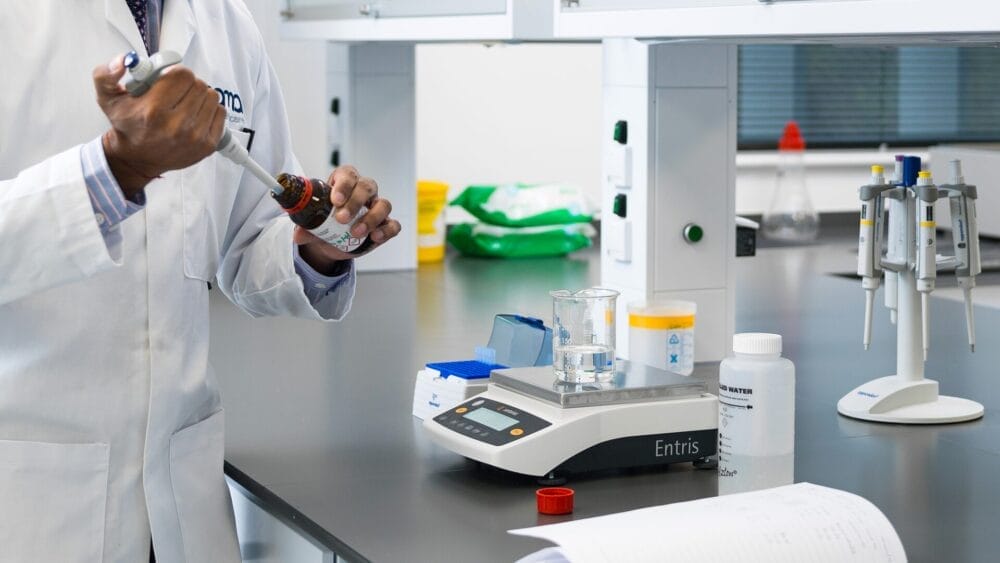Posted
15th February 2018
Research
There is a lot of value to a disinfectant manufacturer of having a sporicidal claim so that the product can be used in healthcare settings to tackle C. difficile spores. However, not all products with a sporicidal claim are in fact sporicidal! Amine-based disinfectants with “sporicidal” claims are being seen increasingly in the marketplace, but these products are unlikely to have meaningful sporicidal activity, as highlighted by a recent letter in the Journal of Hospital Infection.

We posted recently on the questions to ask of products claiming to have sporicidal activity: does the testing match the proposed usage, is the contact time representative of in-use recommendations and practice, has the disinfectant been neutralised effectively in laboratory tests, and was the testing performed in a reputable laboratory? One of the key steps in laboratory disinfectant testing is the neutralisation step. This nullifies the activity of the disinfectant so that an exact contact time can be measured. If this step isn’t completed correctly, the disinfectant continues to work beyond the planned contact time, and efficacy can be over-estimated.
One of the main culprits of sporicidal claims that we believe to be misleading are amine-based disinfectants. Prof Jean-Yves Maillard, a world-renowned expert in disinfectant testing, has written a letter in the Journal of Hospital Infection highlighting the challenge of inappropriate neutralisation in laboratory testing resulting in inaccurate “sporicidal” results for these amine-based disinfectants. The lack of a recognised European sporicidal test is a limitation, and so a UK-developed sporicidal testing standard for C. difficile (with an appropriate neutralisation step!) should be considered the gold standard. And no amine-based disinfectants have passed this test. Therefore, we agree with Prof Maillard, that it is puzzling and concerning that products containing solely amines are being used as sporicides in healthcare settings.
SHARE THIS ARTICLE
Tags
Latest News
Introducing HEXI HUB: A seamless transition in our product line
We’re pleased to announce an update to our product offering…
Innovative solutions for tackling Carbapenemase-producing Enterobacteriaceae (CPE) at King’s College Hospitals
King’s College Hospital NHS Foundation Trust, one of London’s largest…
Gloves Off: reducing unnecessary plastic waste during environmental cleaning and disinfection
In this blog, Dr Phil Norville discusses the momentum-gaining ‘Gloves…
Gloves Off: Navigating SDS sheets and skin safety claims in environmental decontamination products
In this blog, James Clarke (Head of R&D, Science &…




